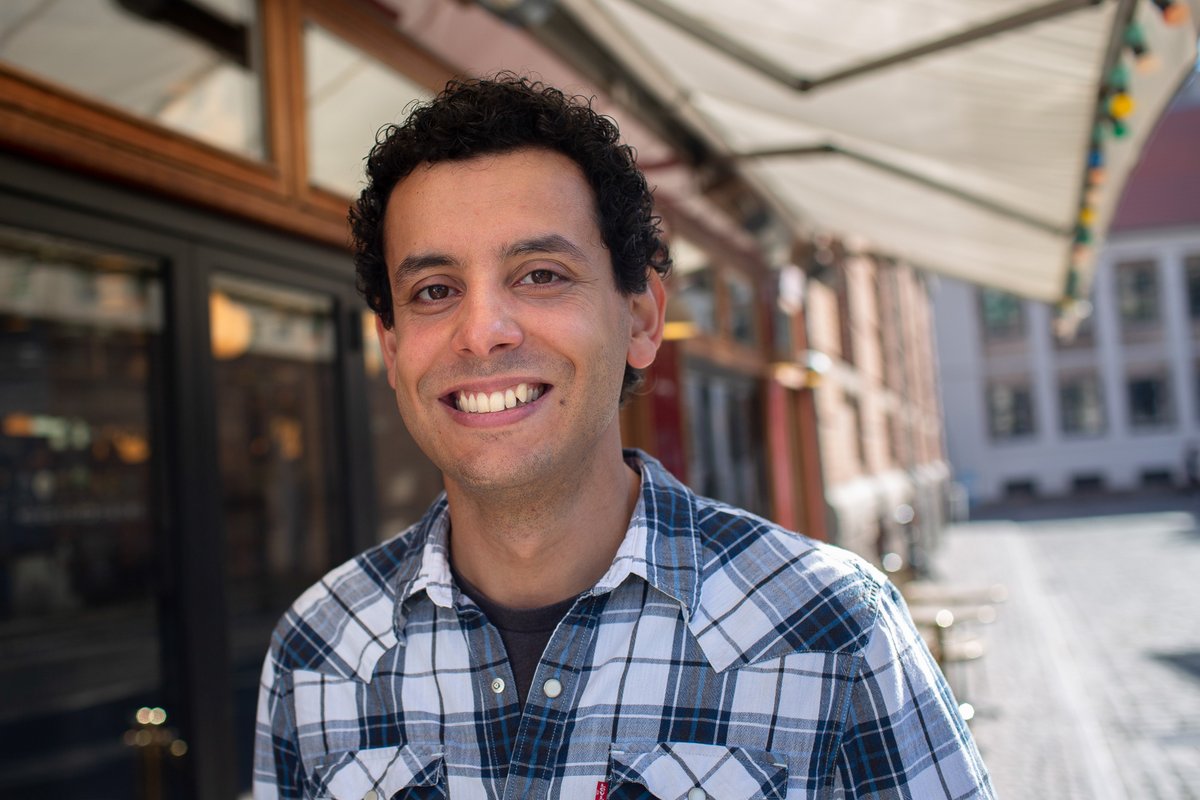
"The primary reason was the scholarship. We didn’t know much about Denmark before, but had heard a little about the Scandinavian countries, primarily Norway and Sweden. We studied about Danish culture before we arrived. However, nothing prepared us for the cold that greeted us when we got off the plane one late evening in January. It was completely dark outside, rainy, and very cold. 'Ok, now we’re living in Denmark then,' we said to each other," says Juliano.
"We’re South Americans and we’re very open people. Here in Denmark, we meet people who already have their specific social circles. I think it says something about Danish culture, with strong relationships, but sometimes difficult for an outsider to be part of it. It can be difficult to be close friends with anyone. You can get together after your studies or work and have fun with your fellow students or colleagues, but not necessarily as friends. However, when you finally make Danish friends, you have a friend for life,” he says.
"There's a great system at Aarhus University for people like us arriving from abroad. Everything’s taken care of for you, so it's all ready when you arrive. We wrote back and forth via email with the university beforehand. It was very simple and a really good process. Actually, we were impressed on how smoothly everything went. We got a student accommodation through the university, and though the apartment wasn't big, it was our home for the first year,” he says and continues:
“During the first weeks of the Master's programme, there were some social events to get to know other students. I remember that someone came with a bag full of beer in one of the canteens at the university on the first day and put it in front of us. I was like: 'Um, are we allowed to drink beer here?' and was met by a resounding 'of course!' It was a positive surprise, and it opened the door to the very down-to-earth way of doing things here in Denmark," says Juliano.
"In general, Aarhus is a really nice city to live in. It’s neither too big nor too small. There are a number of fine beaches located quite close to the city. There are forests and parks just nearby, no matter where in the city you are, and in general I’m happy walking around downtown, taking a walk in the woods or walking around the lake near where I live. But if I have to choose one favourite place, it must be Aarhus Street Food. It’s a large place with food from all over the world, and where you can sit and eat together with your friends. It is very nice. On campus, there is the Royal Library and the University Park, both are nice places for you to spend some time. You may work or study in the library, spend time in a relaxing atmosphere or take a walk in the park, just outside the window.”
"I didn't know that I would do my PhD here in Denmark when I first arrived for my Masters. What convinced me to stay was the research structure and opportunities offered by Aarhus University and the possibilities within the research group. It also appeared to me, that the university is not interested in just giving you a degree, but also, they encourage you to stand out, apply your knowledge and experiences to bring positive contributions for both the academia and society. This attitude really impressed me,” he says and continues:
“My wife and I are both researchers, so we try to keep doors open have and a good network. Should the opportunity arise, we would like to stay and continue our research at Aarhus University. We'll have to wait and see what happens when the time comes," says Juliano.